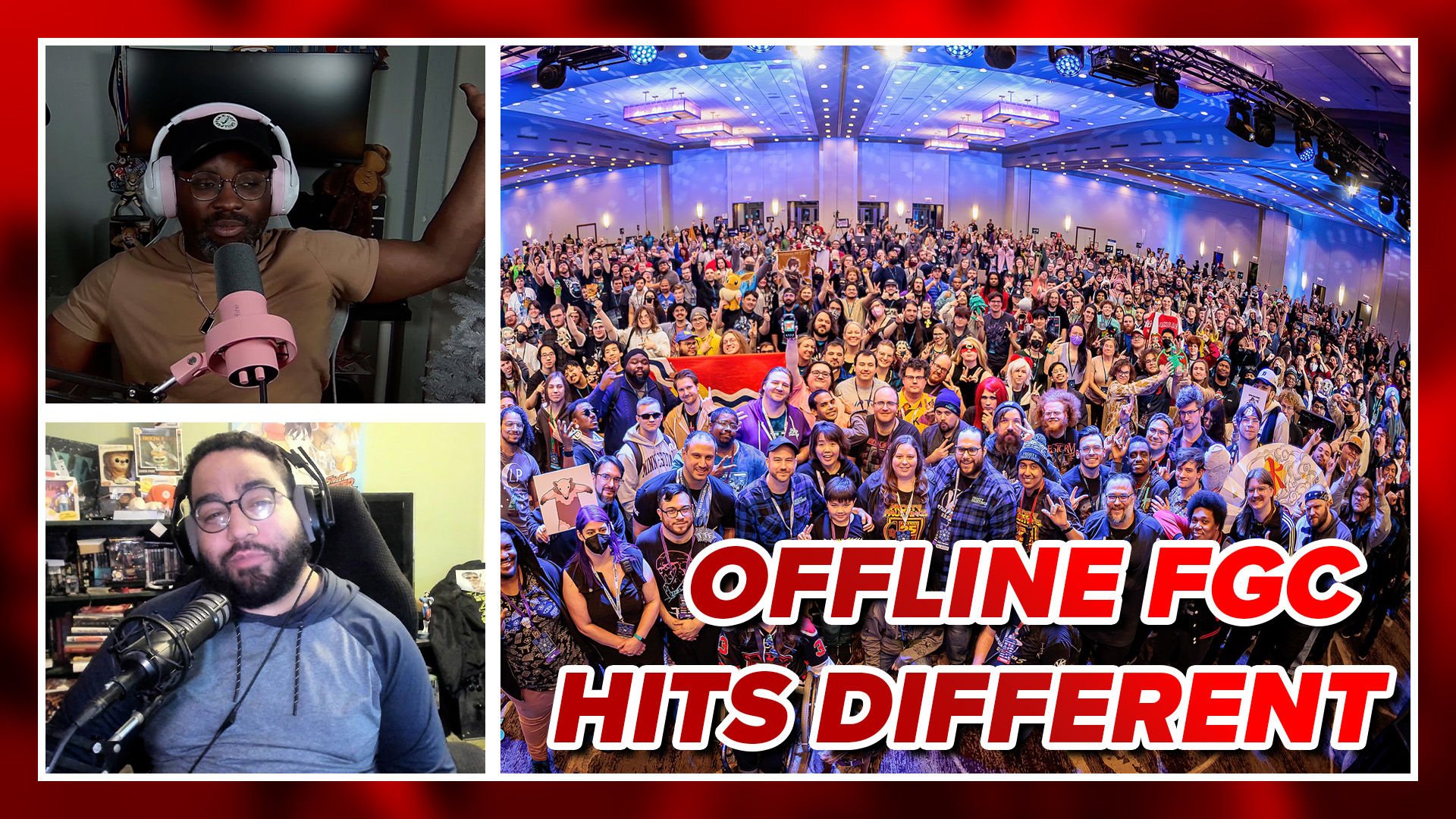Peter Vesterbacka, part of the company who makes the popular mobile game Angry Birds, ruffled feathers at the SXSW conference by commenting that console games are “dying”. Angry Birds is a very popular mobile game which has recently just crossed its 100 million download mark. While this is very impressive, it is no indication that console games are dying in any way. Vesterbacka was also heard to say that innovation in gaming has clearly moved into mobile and social, largely because the companies in these mediums are more “nimble”. Vesterbacka scoffed at the traditional model in which game companies charge $40 and $50 for a game that is difficult to upgrade. Perhaps he is unaware that most console developers release patches that easily upgrade their games, much like mobile devices do.
These comments seemed to counteract the keynote given by Nintendo president Satoru Iwata, during the GDC conference earlier in the month. In that speech he criticized “quantity-obsessed” social and mobile creators, questioning whether or not these types of developers will be able to make a living in the future. While I applaud mobile gaming for making it easier for developers to get games they create to the public, a lot of games that get put on to catalogs are not worth playing. This can also be said about consoles’ arcade sections, where games that involve your controller vibrating are counted among those that are actually worth your time. In his speech, Iwata praised the fact that the industry was growing due to social and mobile gaming, but was concerned that the over-saturation of these types of games was going to make it impossible for hard working developers making mobile games to earn a living. Iwata said “Consider this: The number of games available on the big app sites is in the tens of thousands. Game development is drowning. Yes, these games are far less expensive to create, but what revenue will they generate?”
He went on to say: “But there is a second entirely different way to consider the value of software. The objectives of mobile and social network [creators] are not at all like ours. For them, content is something created by someone else. Their goal is to get as much software as possible – because quantity is how they profit. The quality does not matter to them.” This argument on quality versus quantity is a new aspect to the casual versus hardcore view to things. Peter Vesterbacka complained about the casual tag of Angry Birds at SXSW, arguing that there is no such thing as “casual movies”. He said that an Angry Birds player could get just as involved and addicted as any player of any other game, as he has seen players of the game throw their phones across the room when they did not beat a level. I do not think child-like tantrums are indication of addiction to a game, and I have been known to get frustrated at a game because the controls were bad… not because it was difficult or fun.
While there is no question that Angry Birds and other games can be addicting, I do not imagine a player sitting in an internet cafe for hours on end playing it (such as is the case with World of Warcraft or Starcraft II). The immersive experience one gets from an MMO or, in the case of consoles, Mass Effect or Oblivion, is a far different entity than what you can get on a mobile or social game. As casual usually means “pick up and play”, I consider Angry Birds to be a casual game. Hardcore gamers will always play on consoles, even if just for the bigger screen. So readers, what do you think? Are console games really headed on their way out of the market or do you think that mobile and console games can be friends?
Sources: VentureBeat and CVG
Images courtesy of: VentureBeat and CVG






